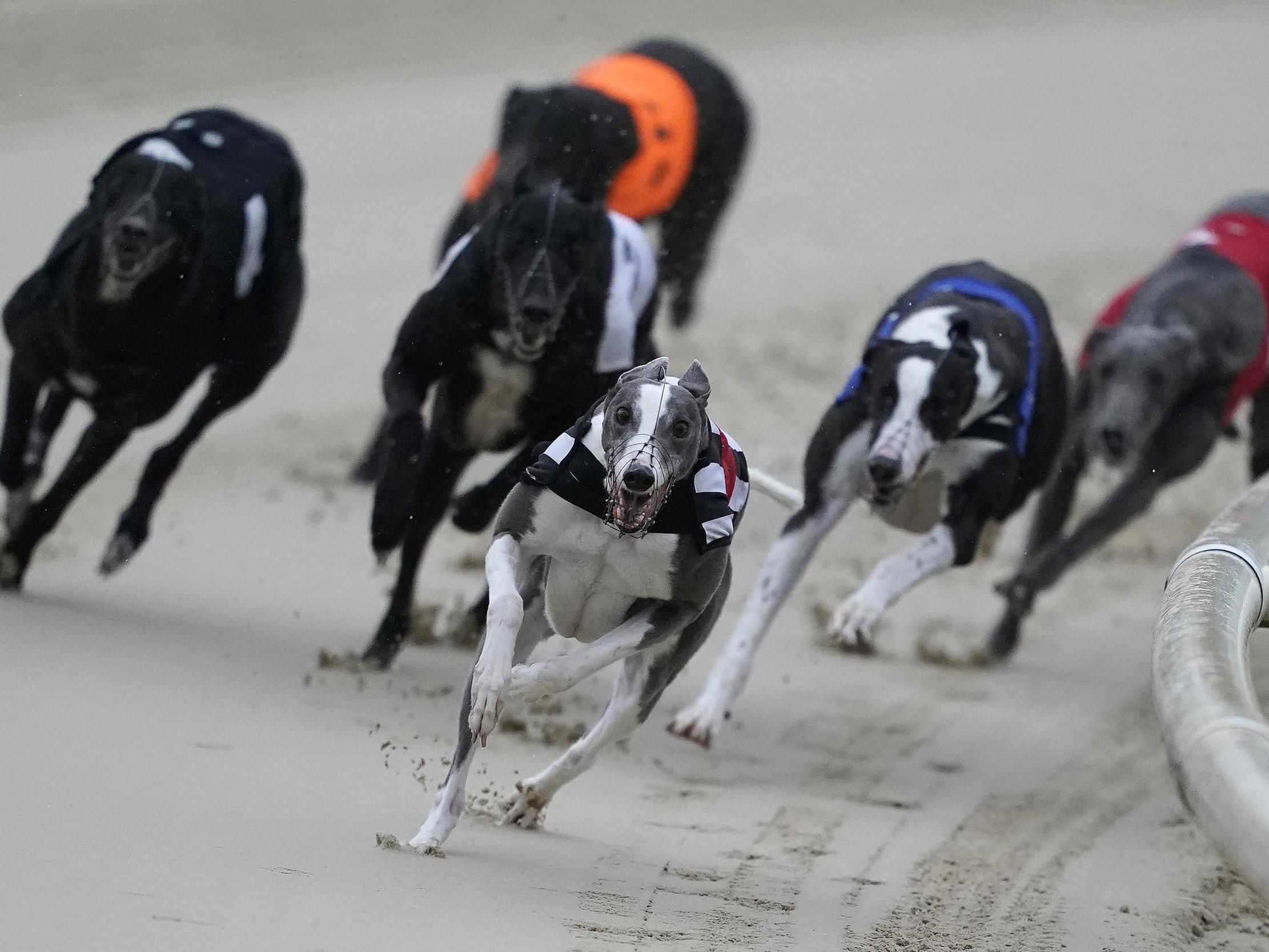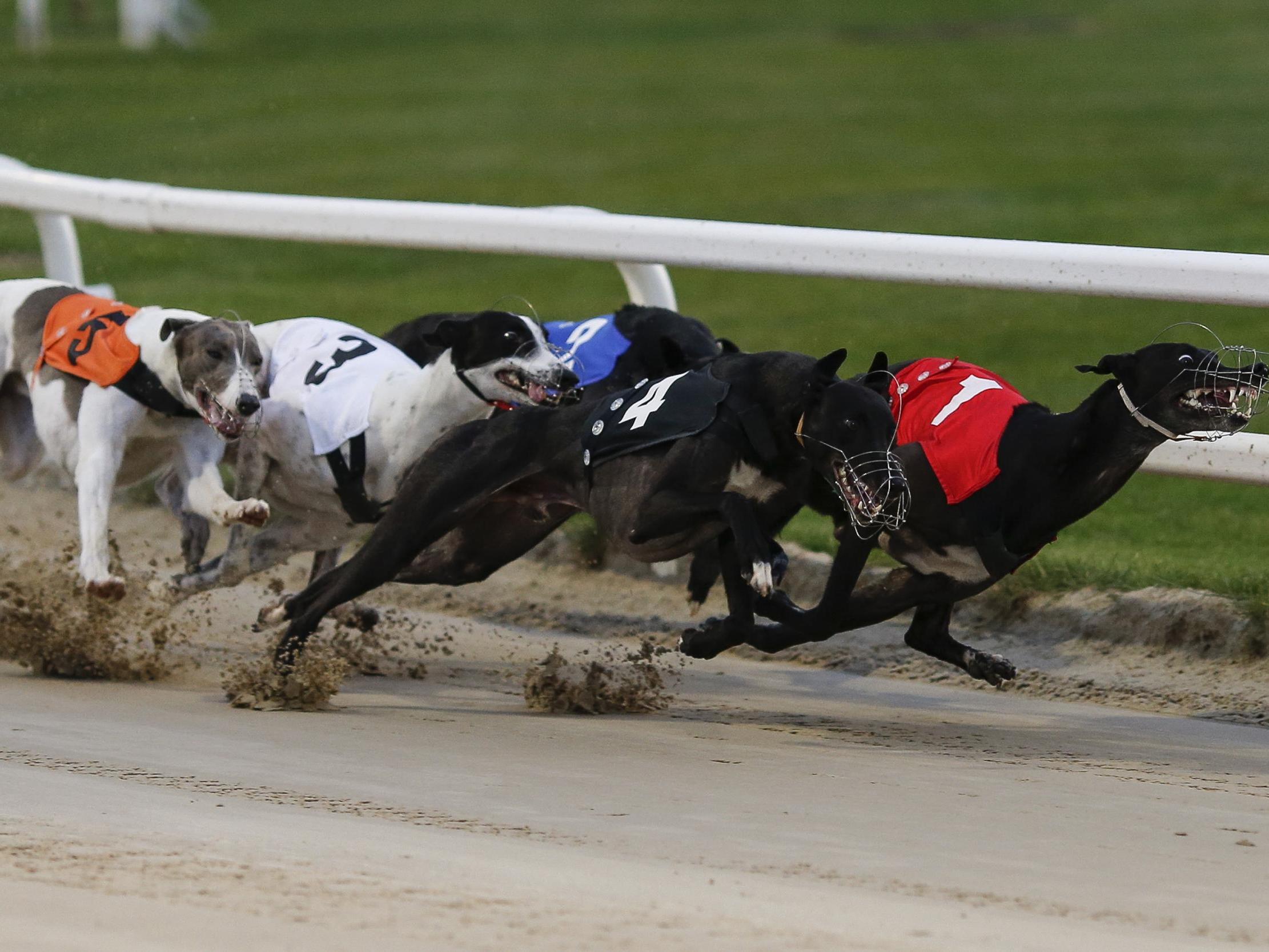How greyhound racing is improving welfare and integrity to attract new supporters
The industry is challenging perceptions as it tries to attract new supporters

The connotations associated with greyhound racing is that it is a tired sport of yesteryear and an industry in sharp decline as a result of more progressive views on animal rights. There’s some truth in the reduction in enthusiasm for the sport given the number of greyhound tracks closing around the country.
However, these perceptions are being challenged head-on by the industry as it works to make itself more appealing to sceptical onlookers, although it admits the process of improvement is still a work in progress.
The showpiece event in the greyhound racing calendar, The Star Sports, ARC & LPS Greyhound Derby, recently moved to the track in Nottingham after its previous two homes, Wimbledon and Towcester, closed down. Despite more money changing hands at the track than at Ascot and £100,000 on offer for the eventual winner, it is still a growing event. In fact, some people living in Nottingham do not even know there is a greyhound stadium in the city’s sporting quarter.
On a cold and drizzly Friday evening, the mood could have been flat a few hours ahead of the third and final round of heats, but as the packed crowds arrived they brought with them an electric atmosphere which exhibited how much this sport means to so many people. From the trainers and owners to the vets, stewards and course management team, the underlying love for the sport and the dogs was infectious. It quickly became obvious that greyhound racing has the quality of support, it’s just the quantity that needs addressing.
That is what the Greyhound Board of Great Britain (GBGB) is working tirelessly on.

With improving the sport’s appeal the goal, the board compiled an eight-point plan in 2018 that addressed greyhound welfare, integrity, funding and promotion.
A year on and there is plenty of back-patting as progress is being made towards these objectives, and at Nottingham it was clear to see the hard work that is being put in place behind the scenes to make the sport more attractive to punters.
Without exception, each dog is checked three times by a vet during the night it races to significantly reduce the chance of injury on the track.
Upon arriving at the track, each dog is assessed to ensure their vaccinations are up to date, weighed and then prepared to race, the whole process is rigorous, for example, only one kilogram of variation in a dog’s weight since their last race is allowed.
Patrolling around the kennels are independent anti-doping testers, who between 1 October 2017 and 30 September 2018 took over 15,000 samples across licenced tracks, and any positive samples are usually due to food contamination.
“The integrity of our sport is essential to its success,” says the GBGB, who publish fortnightly findings of disciplinary hearings to remind those involved in the sport the consequences of any wrongdoing.
There is still work to be done, admits the GBGB, who revealed that in 2018 324 greyhounds were put to sleep because no home could be found for them or because of the high cost of medical treatment, “avoidable and unnecessary deaths”.
The sport is working closely with charities that re-home retired racing dogs to reduce this number to zero and introduced the Injury Recovery Scheme which provides financial support to owners and trainers whose dog has suffered a career-ending injury at a GBGB licensed racecourse. “As an industry, we must encourage responsible greyhound ownership and support our owners, trainers and racecourses to work towards the elimination of euthanasia of any greyhound on economic grounds,” said GBGB Veterinary Director Dr. Simon Gower.
“Importantly, the IRS funding is open to all registered greyhounds and will support GBGB’s commitment to ensuring that a career-ending injury is not life-ending.”
Racecourses, including Nottingham, allocate sponsorship space to greyhound retirement charities and invite representatives to bring retired dogs to the track and raise money for a good cause.
The industry is aware of the development that needs to be continued to ensure it rediscovers its appeal to a wider and suspicious community, but what there is no doubting is the love and respect these animals receive by everyone associated with the sport at every race night.
The Star Sports, ARC & LPS Greyhound Derby continues at Nottingham Greyhound Stadium with the quarter-finals on Saturday 15 June - with the final on Sat 29th June. For more information and tickets visit Nottinghamdogs.com and head to StarSports.Bet for the latest odds. 18+ please gamble responsibly.
Greyhounds make great pets when they retire from racing. To find out more about giving a home to a retired canine athlete visit Greyhoundtrust.org.uk
Join our commenting forum
Join thought-provoking conversations, follow other Independent readers and see their replies
Comments
Bookmark popover
Removed from bookmarks